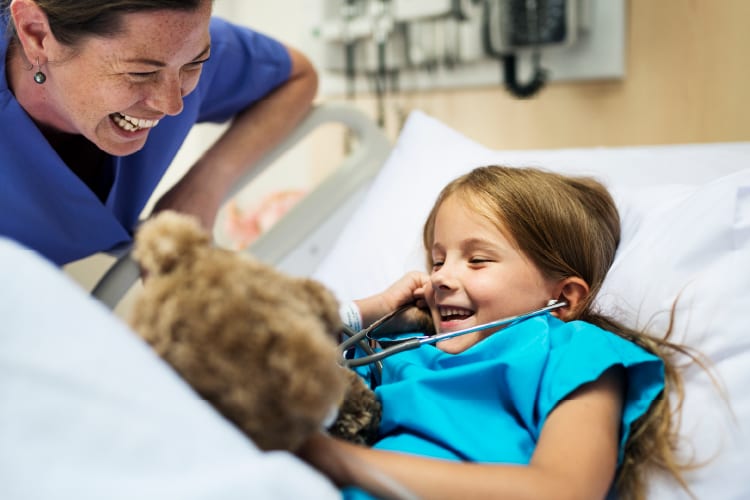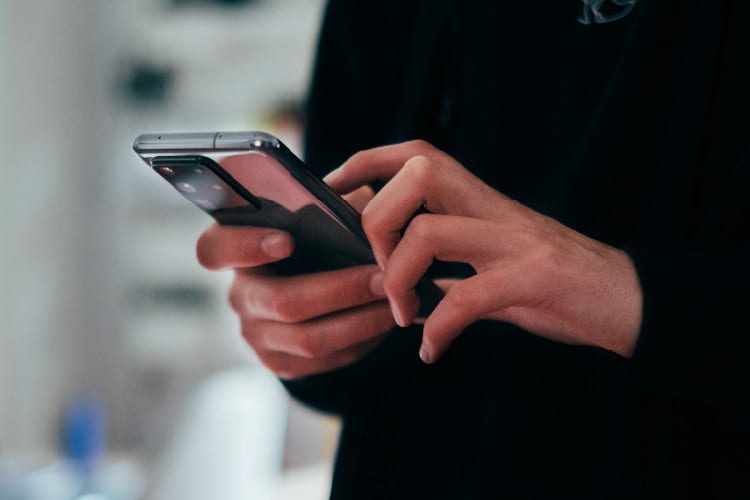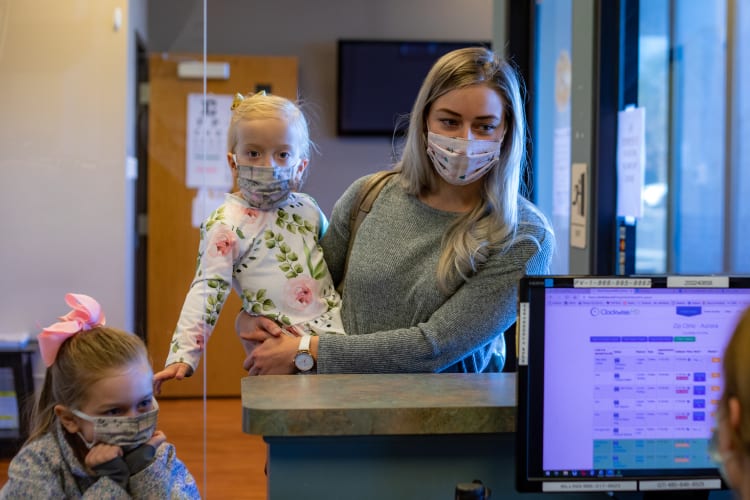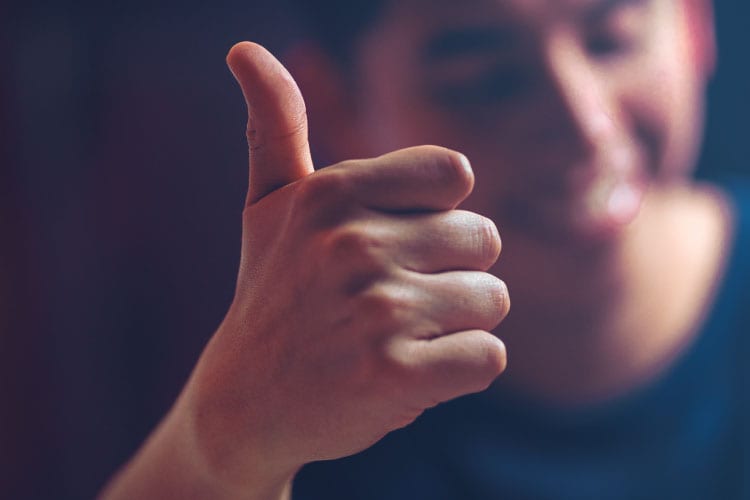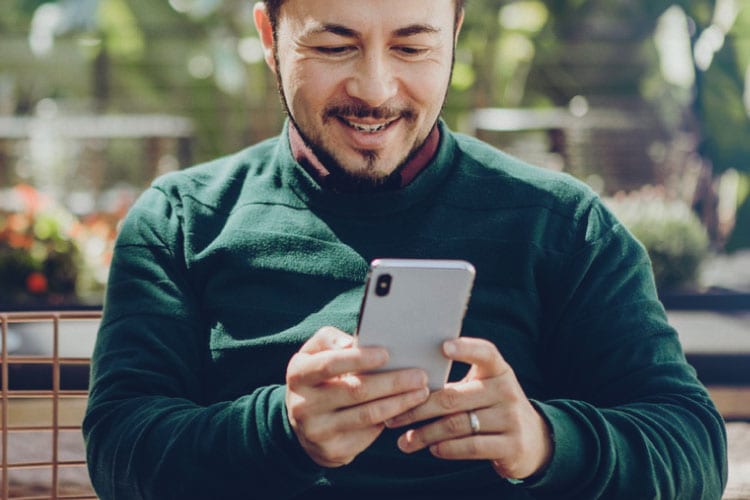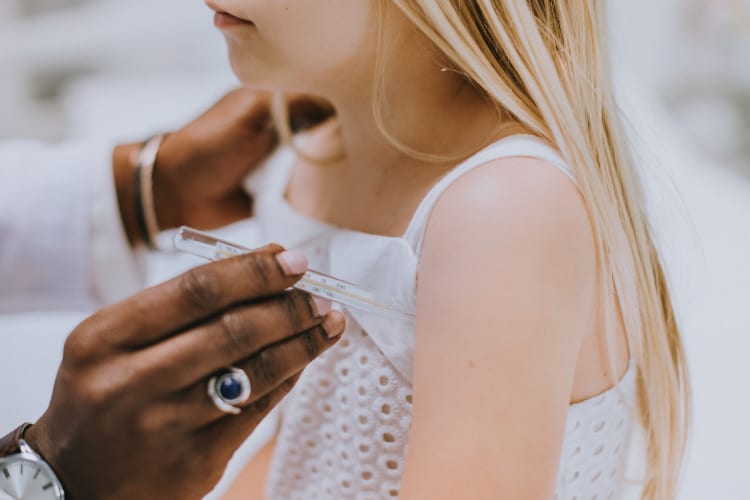When Patient Engagement Tools are Integrated and Easy to Use, You Deliver a Positive Patient Experience
Simple and convenient, our patient engagement software solution lets patients connect to your clinic digitally. They’re more satisfied. You’re more efficient.
Optimize Throughput
With texting and online registration, patients spend less time in your clinic, speeding up throughput so you can see more patients. And with increased demographic and data accuracy, you save time and money
Increase Patient Base
With a simple, seamless scheduling experience that helps you make first-time visitors lifetime patients, you build loyalty—and your client base

Inform Decisions
Detailed benchmarks on wait times, satisfaction scores, online appointments vs. walk-ins, and ROI, help you make informed staffing decisions and refine processes

Manage Your Reputation
Mitigate negative patient experiences quickly in near real-time. Experity makes it easy to monitor patient satisfaction, mitigate negative experiences, and share good reviews

